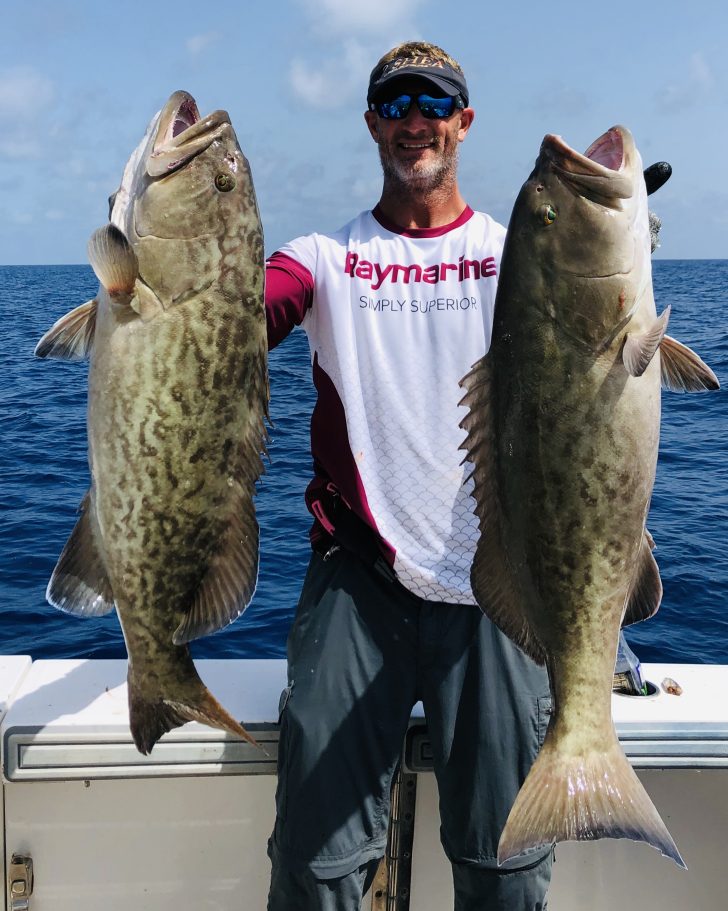When conservation works, it often comes with both wins and losses, especially in the realm of recreational fishing. Take the case of gag grouper in the Gulf of Mexico. For years, anglers enjoyed fruitful trips the majority of times and gag grouper were their target species. However, in 2023, the National Marine Fisheries Service (NMFS) implemented stringent measures significantly curtailing the fishing season and even ordering an emergency closure midway through. The change left many frustrated, but the decision remained unchanged.
As anticipation builds for the 2024 season, anglers brace themselves for the possibility of an even shorter window. The frustration is palpable, particularly among those who witness firsthand the robust gag grouper population thriving off the West Central coast of Florida. Despite the regulatory hurdles, these waters boast healthy and sizable gags—a testament to successful conservation efforts?
The debate rages on whether the stringent measures have led to an abundance of catch-and-release scenarios, or if the population indeed flourishes untouched beneath the waves. Regardless, one thing remains certain: the gag grouper population in this region shows no signs of decline. If and when the season opens, anglers can expect an exceptional haul with the average size of keepers possibly reaching unprecedented levels.
While the restrictions may test the patience of enthusiasts, many recognize the importance of safeguarding these resources for future generations of anglers. Conservation is not just a buzzword; it’s a commitment to preserving the delicate balance of marine ecosystems. However, it’s also acknowledged that conservation efforts shouldn’t hinder the enjoyment of the fruits of the sea, especially when it comes to dinnertime delights.
The tale of gag grouper in the Gulf highlights the complexity of balancing conservation with the interests of recreational fishing. It serves as a reminder that effective management requires a practical understanding of local ecosystems and a willingness to adapt species closures based on evolving data. As debates about fishing regulations continue, one thing remains clear: the health of our oceans depends on the collaborative efforts of policymakers, scientists and passionate anglers alike. Only through such collective action can we ensure a fishing future for all.

